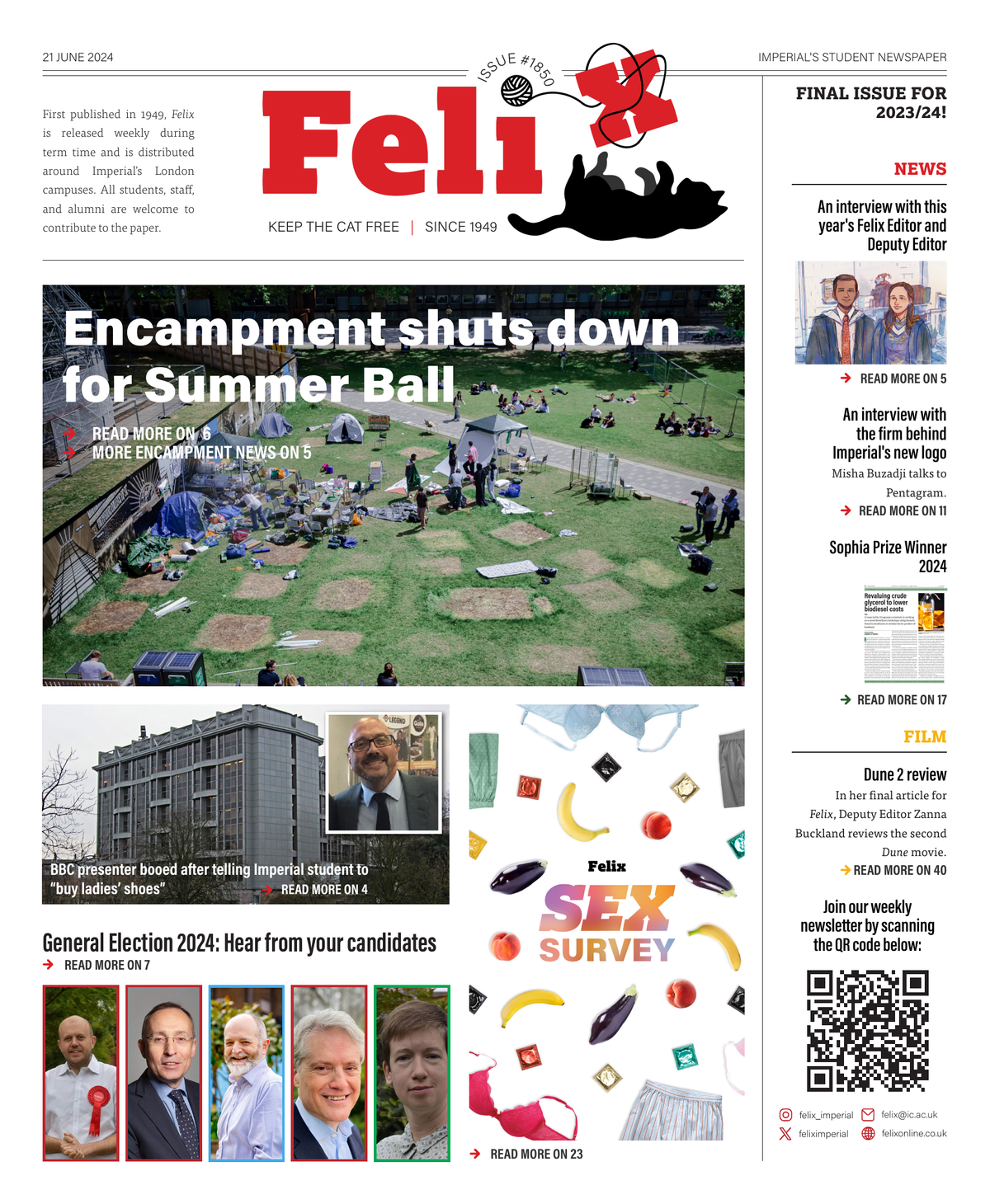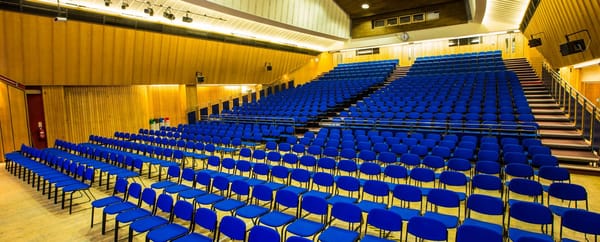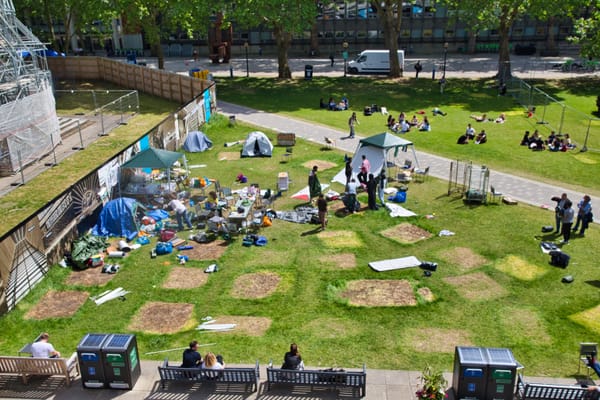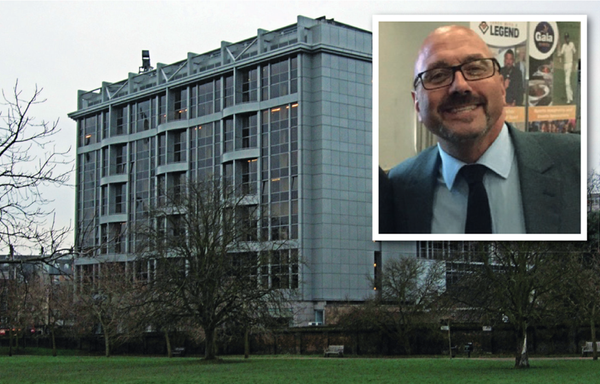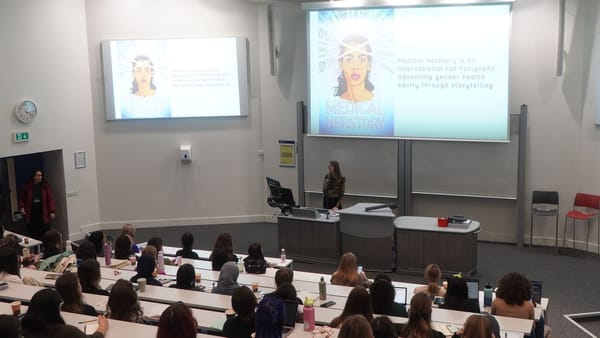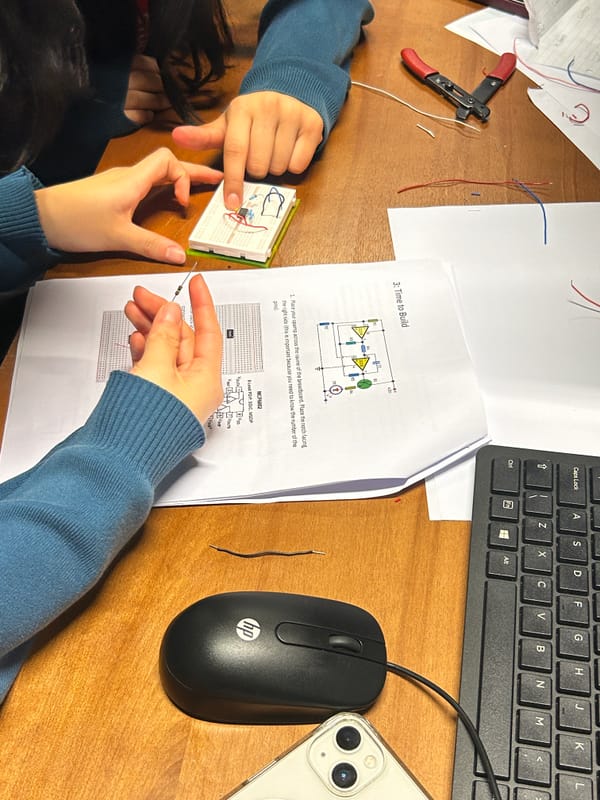The news stories I’m proud of the most are the works... which have a big impact
An interview with Felix's outgoing Editor-in-Chief and Deputy Editor.
Daylight pours into West Basement, making the indoors illumination pretty redundant. We’re discussing one of the biggest stories of the year – and the last issue Jamie John will be involved in as Felix’s editor-in-chief. For someone who became a news writer at the start of last year, it is fascinating to see how he has mastered his role – coming up with new leads to pursue, finding people to contact, navigating the College’s bureaucracy, and putting the story together on the page, all with ostensible ease.
Zanna Buckland, the other half of the senior editor team, joins us. The Materials graduate and Master’s student shared the top job in the latter half of last year following the resignation of that year’s editor, but this year has settled into the deputy position, which involves liaising between the different teams of people who keep Felix running. In addition, she manages the Books section as well as her own Outside The Box, an off-shoot of the Environment section where she publishes weekly essays on sustainability issues.
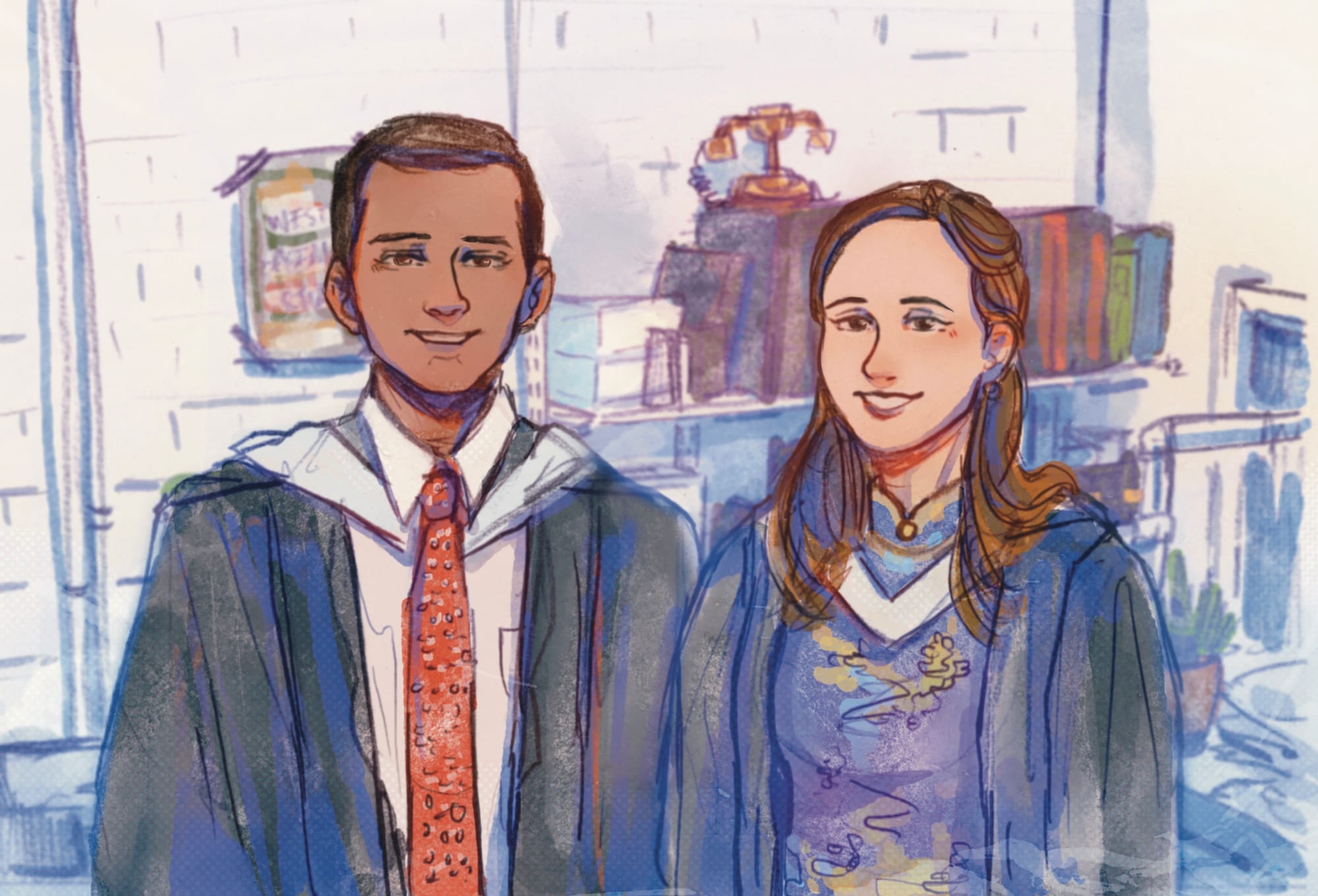
Nudged into joining in her second year by the television programme Gilmore Girls, Buckland jumped right into the deep end as a Books editor. “The guy who was doing it at the time hadn’t really been doing anything for a while,” Buckland says about her meeting with then-editor Sam Lovatt, “so he’s like, if you feel like you’re up to having a section editor position, you can start and do that.”
The role – one she has held for almost three years – entails eliciting new submissions from both new and regular writers, interviewing authors, and receiving requests for reviews from publishers.
John’s more sedate start as a copyeditor – checking spelling and grammar before articles go to print – was blighted by the COVID lockdown, forcing him to work remotely. “We used Teamviewer to access everything. It was really horrible to work on, because … you’d click something and there’d be a one or two second delay before anything actually happened.”
He chuckles as he remembers never being credited in the paper as a copyeditor. “I don’t think we published many issues that year because of the pandemic, but it was cool to see the issues that did come out. I could see I had a role to play.”
After overseeing the Science section the following year, John was appointed Deputy Editor in 2022, and started to specialise in news writing. It would transpire to be a pivotal year. An inexperienced, overwhelmed editor-in-chief led to a poor output for Felix in the first term. Buckland recounts how, as motivation and submissions dropped, the paper shrank. “We were definitely very low on engagement, and we weren’t getting in writers, and the editors didn’t really have anything to do, so they weren’t coming in.” By Christmas time, it had fallen to just eight pages, little more than a pamphlet.
Clearly, something needed to change. As complaints from section editors mounted, the editor stepped down the following January; John and Buckland, together with fellow news reporter Isabella Ward, took up the mantle the following month.
Felix’s readership is a lot smaller than typical newspapers, by virtue of being tied to a university. For that reason, John expounds, it is all the more important for the editor to take charge – they have to “be proactive in encouraging people to write.” The pair have done exactly that. John has consistently tried to dispel the impression that contributing to the paper requires existing literary talent, in order to draw in a wider range of potential writers. “Felix is a really good opportunity to learn how to write and to explore things. You’re allowed to make mistakes. You’re allowed to learn as you go.” Indeed, I owe my own foray in news writing to his initial encouragement, and patient tutelage thereafter.
Part of the duo’s success has been down to establishing a routine. By the Sunday before print, editors add their section’s articles to the pagination, a document which specifies the contents of the upcoming issue. The editor-in-chief finalises this by Tuesday, cutting or adding pages where necessary. Once articles have been edited and laid out on the page, they are handed over to copyeditors for a look-over. The whole paper is sent to the printers on Thursday, and is returned the next day for distribution around campus.
But it’s the best hits, those stories out of the ordinary which stick with people. Just one issue into their tenure, Ward and John published one of Felix’s biggest exposés in recent memory – an investigation into the chronic failure of the Physics department to provide welfare for students (Felix #1821). “[It] really did blow up,” Buckland relates. “When that article came out, everyone was reading it, and they were telling their friends to read it, because it was about people’s experiences with the Physics department.” “The news stories I’m proud of the most are the works like that, which have a big impact,” John adds.
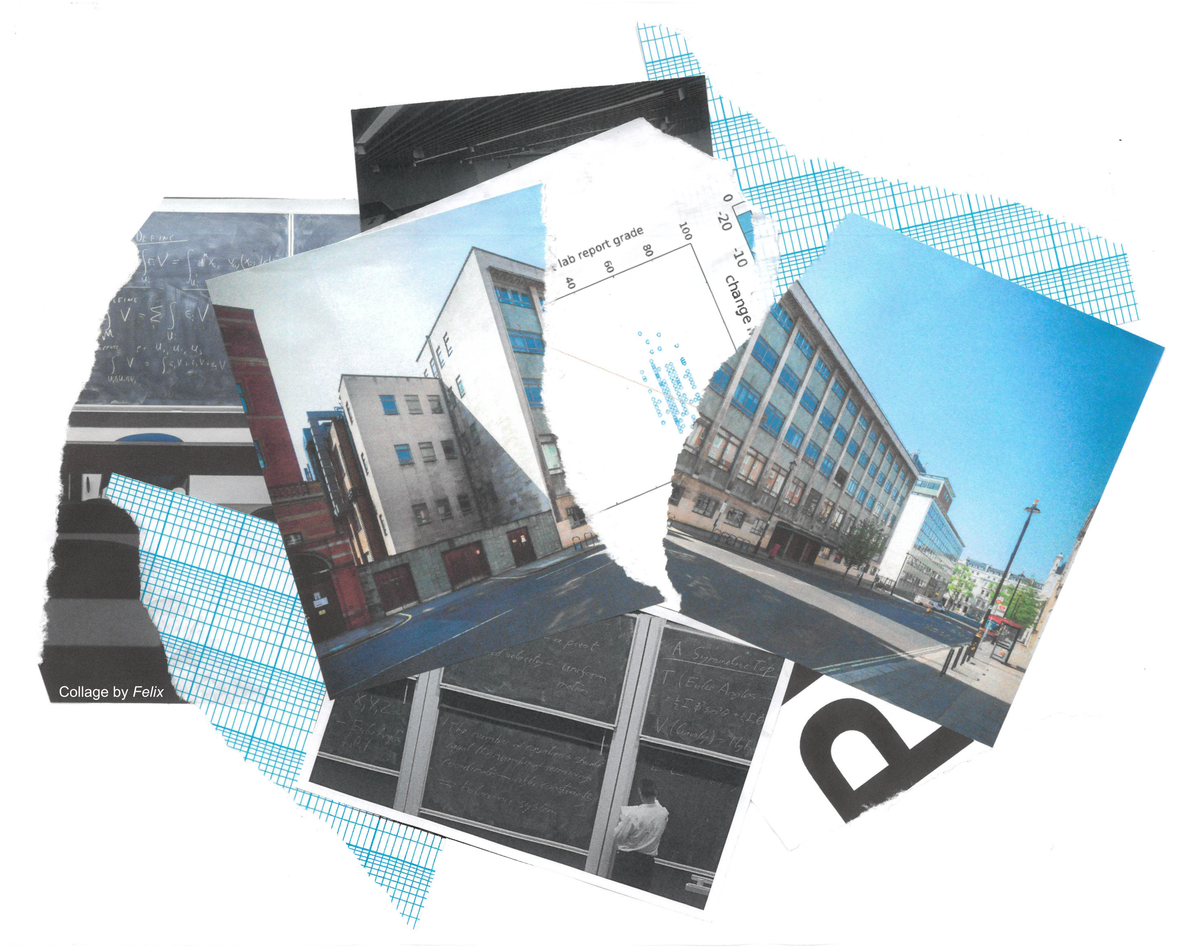
There are some from this year too. Pulling a copy of Felix #1840 from a pile on a nearby table, he shows me the front-page Sir Ernst Chain heating story: the building’s heating system had failed, subjecting researchers to freezing cold temperatures over the whole winter season. It’s admittedly hard to know just how much the article had a hand in the situation improving; nevertheless, it provided a platform for students to speak out about their experiences, and shone a light on the college’s denial and mismanagement of the issue.
And the things that you would rather forget? “There was an article, a news article, which was about this guy who was stuck in Gaza. We were working to a really tight deadline, I’d spent all the time working on the front page story,” John grins at me. “Do you remember this?” I certainly do. Inside the sobering description of Imperial alumnus Nael Qtati’s life in Gaza (Felix #1834) was a pull quote – a quote from an article, set in a larger font for emphasis – from a cheerier Food&Travel segment about a mountain range. Truth be told, I may have had something to do with it.
Embarrassment eventually subsiding, I ask my interviewees about their plans for next year. John modestly talks about the graduate scheme in the Financial Times he will be starting in September, a remarkable achievement for a STEM graduate. Buckland, whose twelve-month Masters’ program has not yet finished, is looking into several jobs, many sustainability-oriented, such as the civil service, and consultancy. “Felix has given me a lot of really good portfolio content,” she says. “It’s been great to be able to use it as a way to build up experience in writing, and to show that I have knowledge of sustainability.”



